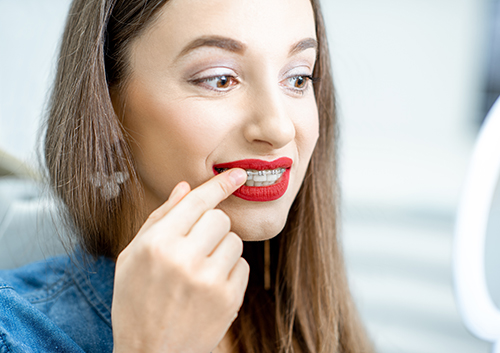Protecting Your Child’s Smile with Mouthguards
September 29th, 2021

If your child participates in sports or other physical activities, it’s wise to consider getting a mouthguard. Also known as mouth protectors, mouthguards are a device worn over the teeth to lessen the impact of a blow to the face.
This reduces the chance that your child might lose teeth or sustain other serious oral injuries. We recommend that all patients involved in a contact sport such as wrestling, football, or hockey wear a mouthguard because of the high risk of such injuries.
However, anyone involved in a physically demanding sport or activity should wear a mouthguard as well.
Can you imagine what it would be like to lose a few of your front teeth? The way you talk, eat, and smile would all change.
Injuries that can be sustained when not wearing a mouthguard include:
- Chipped and broken teeth
- Fractured jaws
- Root damage
- Concussions
- Injury to the lips, cheeks, or gums
Types of Mouthguards
There are three different types of mouthguards — typically made of a soft plastic material or laminate. You can decide which works best for your child in terms of budget, fit, and comfort.
- Stock mouthguards are prefabricated to a standard size. They offer adequate protection, but you need to find one that fits your child properly and comfortably. Stock mouthguards are readily available at department stores, sporting goods stores, and online.
- Boil-and-bite mouthguards are placed in boiling water to soften them, then into the mouth so they can conform to the shape of the teeth. Boil-and-bite mouthguards are more expensive, but offer a more customized fit than stock ones. You can find these in department stores, pharmacies, sporting goods stores, and online.
- Custom-made mouthguards are created just for your child by Drs. Cartsos and Zavras. These offer the best fit and comfort of all the options, but they are also the most expensive. Ask a member of our Chestnut Hill, Massachusetts team for more information.
The American Dental Association says a good mouthguard should be easy to clean, fit properly, be comfortable, and resist tearing or damage. It shouldn’t restrict speech or breathing.
Still not sure if your child needs a mouthguard or which kind is right for his or her smile? Ask Drs. Cartsos and Zavras or one of our staff members for more information.










